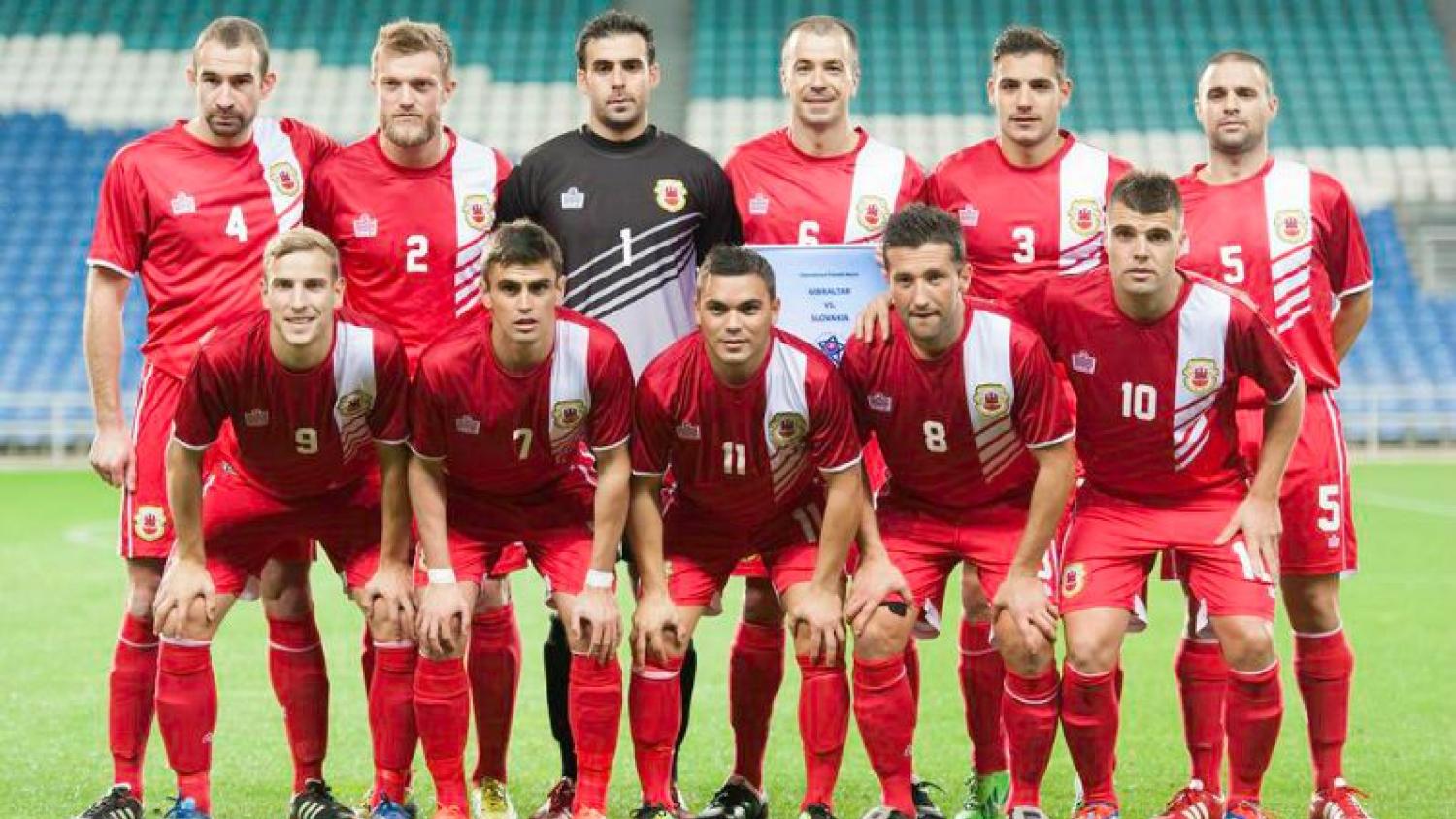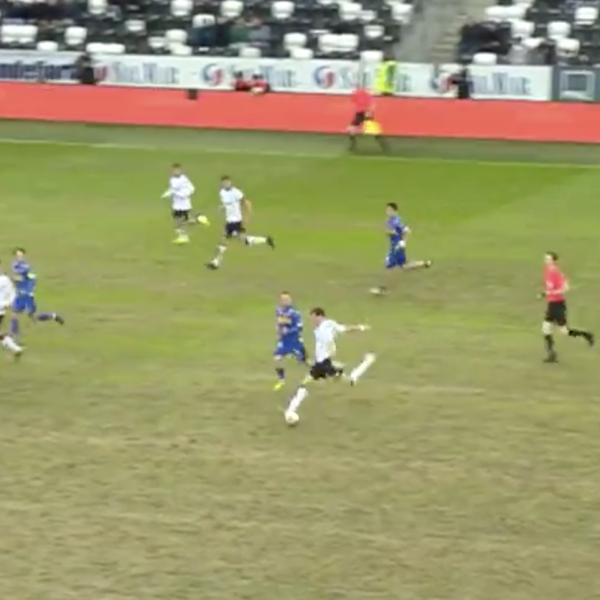Millions of fans followed the starts of the Premier League and the Bundesliga, and millions more were excited for the season kick-off in Spain and Italy. Soccer season has started and fans are flocking to stadiums once more to see exciting, passionate, and thrilling games. But there is more to soccer than just the major professional leagues. With soccer probably being the most played sport in the world, it is no surprise that nearly every country, small or big, has their own league.
Born and raised in a country with a mere 550,000 people, I came in touch with small country soccer and Sunday leagues early on. What else was there to do on a Sunday other than play soccer, you may ask yourself? To be honest, not much. While most stores and shops are closed on Sundays, there is not much to do except following sports on TV or going to a sporting event.
Soccer is without a doubt the most played sport in Luxembourg, with tens of thousands of licensed players. While the big leagues are often only a thing on TV, nearly all of Luxembourgish soccer is played on an amateur level, and the same often applies to other small countries. Compared to the millions of dollars, pounds, and euros some professional soccer players make in a year, small country soccer often revolves around money for travel, a low base income, and money for points and success. This is, however, only in countries where sponsorship and fans provide enough money to the clubs for them to pay wages.
Gibraltar, a country of 30,000 people spread over 2.6 square miles, has its own soccer league. Since the start of the EURO 2016 qualification, the country’s national team is even a member of the UEFA and plays competitive games. Gibraltar has 22 soccer teams spread over two leagues with promotion and relegation. And did I mention that all of the teams play in the same stadium? Victoria Stadium has a capacity of around 5,000, or a sixth of the nation’s population, and is the country’s only soccer stadium. Soccer in Gibraltar is as amateur as it can get, with all the players working as policeman, fireman, teachers, or other occupations to make money. Gibraltar, however, is not the exception. Soccer leagues exist in other small countries in Europe including San Marino, Andorra, Liechtenstein, the Faroe Islands, and Luxembourg.
Playing in a small country, soccer used to be all about the passion for the game. My father, Serge Wagener, a retired soccer player, used to play top division soccer in Luxembourg. His club career started at 14, as there were no youth clubs around his town. Only three years later he got referred to another club, Union Luxembourg, for which he made his first ever starting XI appearance at 18. His move to the new club was based on merit, but also on the referral of his father’s co-worker who enjoyed his style of defending. Transfer fees and wages did not exist at that time.
Soccer was a hobby, a part-time activity. Players worked full time jobs and had practice several times a week in the evening and games in the week and on weekends. The only form of payment was for points, goals, and distance travelled. According to my father, at his time, it was not about the money, it was because he loved playing soccer.
Another contrast to professional leagues comes in the area of medical staff and support. His career came to an abrupt end when he broke his shin bone during a game. He would miss not only the season, but over a year. He missed participating in the cup final, and could no longer play with the National Team, to which he was called up for the next game.
Due to lack of medical support and inadequate recovery help, thousands of amateur players, including my father, are never able to play first team and top division soccer again after serious injury. A bitter reality of playing amateur soccer in a small country. All around the world, people in amateur leagues have shared, share, and will shared the same fate. For some countries, however, including Luxembourg, the style of soccer and the level of soccer has progressed over the decades.
Today, mainly thanks to big sponsorship, soccer in smaller countries has a more professional aspect, especially in coaching and club management. This is observable in some leagues where a handful of clubs compete on a higher level, often thanks to big money and the addition of a professional soccer player. Some teams in Luxembourg have the luxury to have a few million in budget, while others have to survive on a few hundreds thousands. In some countries, however, a million dollar budget seems far away. This creates huge gaps between top 4 teams compared to the rest of the league and truly affects competitiveness.
Another key aspect in a so-called ‘semi-professional’ soccer league is that good players on low profile teams get often lured away to bigger profile teams under the promise of money and success. One example is Daniel Da Mota, a player with huge potential who could have made it to the professional ranks. He decided to move from a mid-table club to the reigning champions for 65,000 €, a huge transfer fee in Luxembourg. Now, at the age of 29, he still plays at the same club, F91 Dudelange.
The chance to make it professional were and are slim, and only a handful of players from amateur leagues made it to the big leagues in recent years. The gap between top division soccer in a small country and top division soccer in a major soccer nation is simply too big.
Soccer in smaller leagues takes time to pick up and to increase in value. The lack of competitiveness in international competitions and the lack of a successful National team all contribute to the countries having a low profile in international soccer. As international success increases the value of a league, small country leagues rarely benefit from added value. With the exception of Iceland, however, which not only has great professional players, but also a very strong National team able to compete with the big names. And while the Icelandic league might not be the strongest or the best, the talents created in this small country often make it to a higher profile club with some success.
Playing soccer in a small country is not bad or terrible, it is just different. Instead of relying on money and a professional career, most players play soccer as a hobby and patiently see where this hobby will take them. It often ends in lower division soccer in small leagues, but a handful of players are able to make it to the big stages. In my father’s case, it ended with claiming the division with the reserve team. In many other cases, it ends with injury, loss of interest, or going to college. Most people, however, enjoy their soccer status in a small country league, as they mainly play out of love for the ‘Beautiful Game’.







